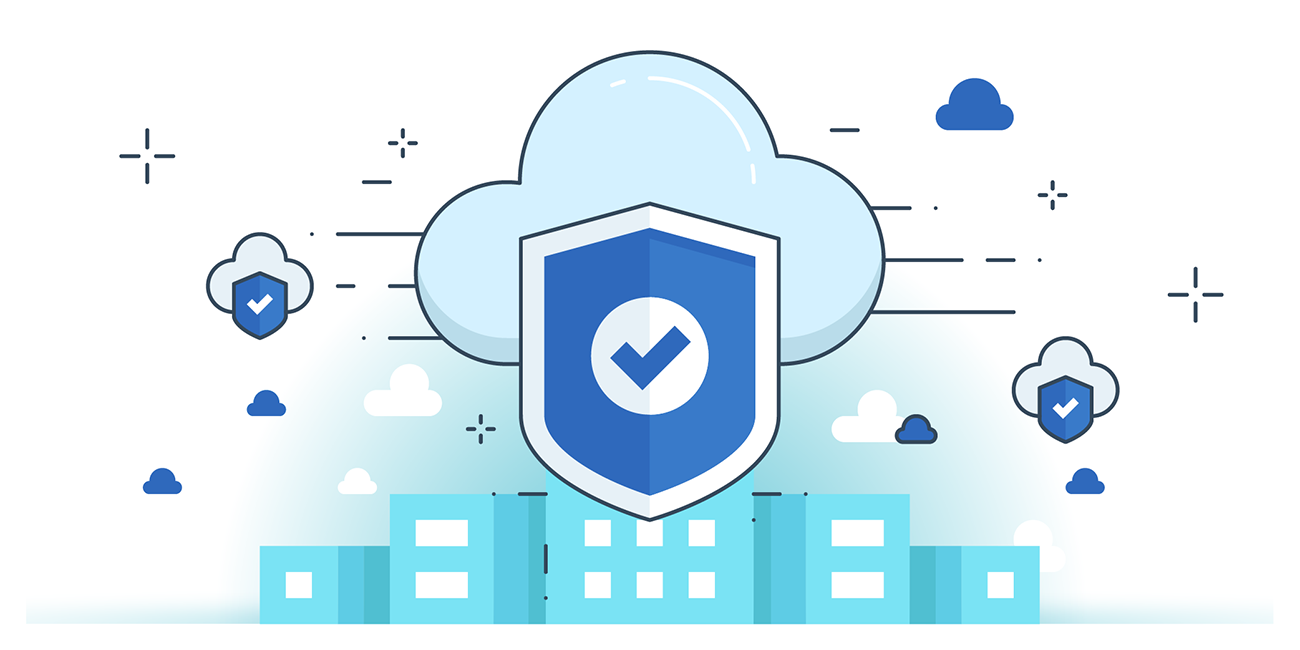Cloud Security: Protecting Your Data in the Digital Age

In today's digital world, where everything from photos to business documents is stored online, keeping our data safe is more important than ever. When we talk about storing data in the cloud, it's essential to understand the security challenges and best practices for protecting it. Let's explore what you need to know about cloud security to keep your data safe.
Understanding Cloud Security Challenges
When you store data in the cloud, it's like putting your valuables in a safe deposit box at the bank. But just like a bank, the cloud is not immune to security risks. Here are some common challenges:
- Data Breaches: Hackers are always on the lookout for vulnerabilities to exploit. If they manage to breach the cloud provider's security measures, they could gain access to your sensitive data.
- Misconfigurations: Sometimes, security breaches happen because of misconfigured settings or permissions. For example, leaving a database open to the public could expose your data to unauthorized users.
- Compliance Concerns: Depending on the type of data you're storing, you may need to comply with regulations like GDPR or HIPAA. Failure to meet these requirements could result in hefty fines or legal consequences.
Best Practices for Securing Cloud-Based Systems
Now that we understand the challenges, let's talk about how to address them with some best practices for cloud security:
- Use Strong Authentication: Require strong passwords and consider implementing multi-factor authentication (MFA) to add an extra layer of security.
- Encrypt Your Data: Encrypting your data both at rest and in transit ensures that even if someone does gain access to it, they won't be able to read it without the encryption key.
- Implement Access Controls: Limit access to your data by using role-based access controls (RBAC) and regularly reviewing permissions to ensure they're appropriate.
- Monitor and Audit: Keep an eye on your cloud environment for any unusual activity and regularly audit your systems to identify and address potential vulnerabilities.
- Backup Your Data: Regularly back up your data to ensure that you have a copy in case of a security incident or data loss.
Choosing a Secure Cloud Provider
When selecting a cloud provider, it's essential to consider their security measures. Look for providers that offer:
- Strong Encryption: Ensure that your data is encrypted both in transit and at rest.
- Compliance Certifications: Check if the provider complies with industry standards and regulations relevant to your business.
- Regular Security Audits: Look for providers that undergo regular security audits and provide transparency about their security practices.
Cloud security is a critical aspect of storing data in the digital age. By understanding the challenges and implementing best practices for securing cloud-based systems, you can protect your data from unauthorized access, breaches, and other security threats. Remember to choose a reliable cloud provider and stay vigilant by regularly monitoring and auditing your systems to ensure they remain secure.
